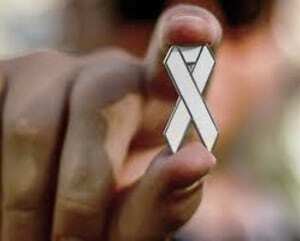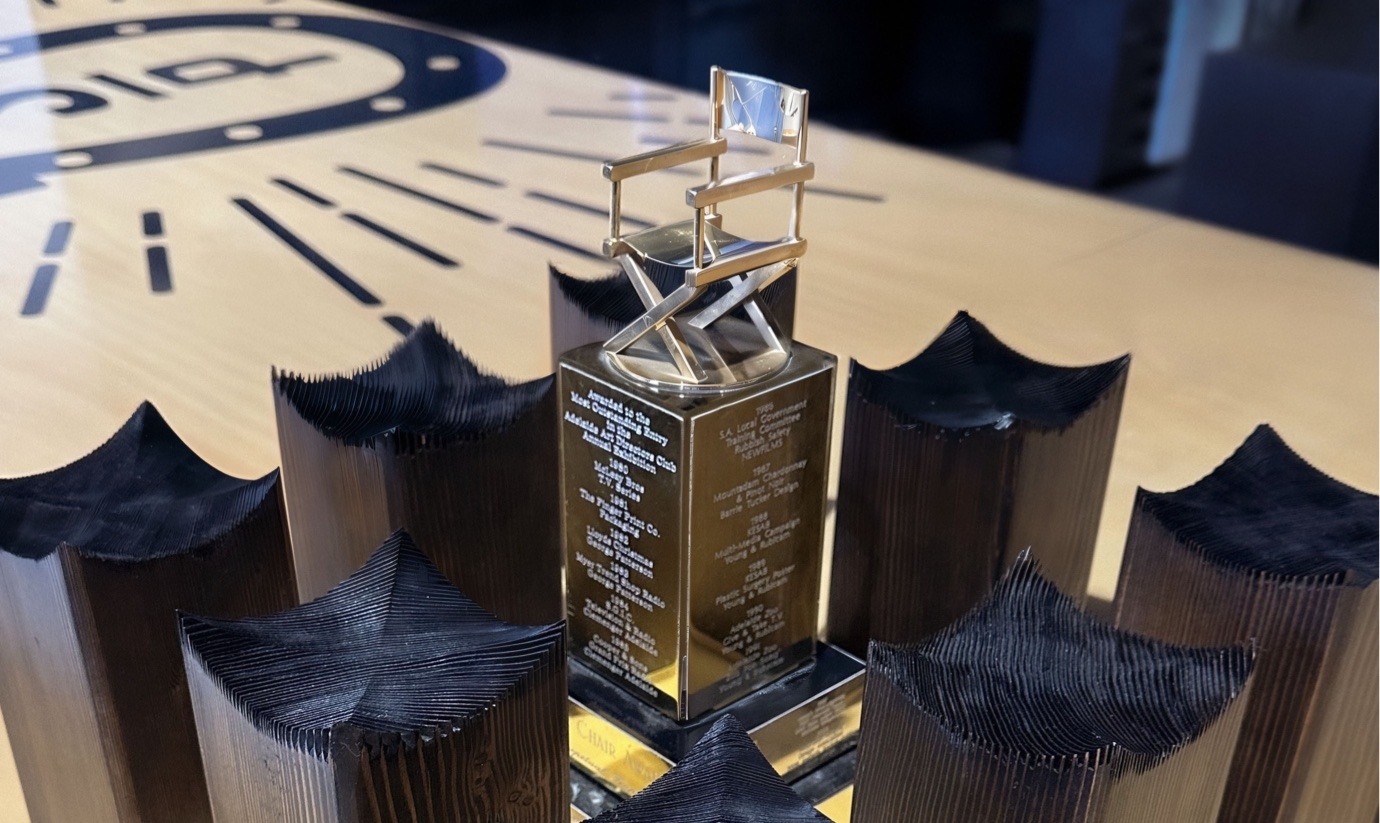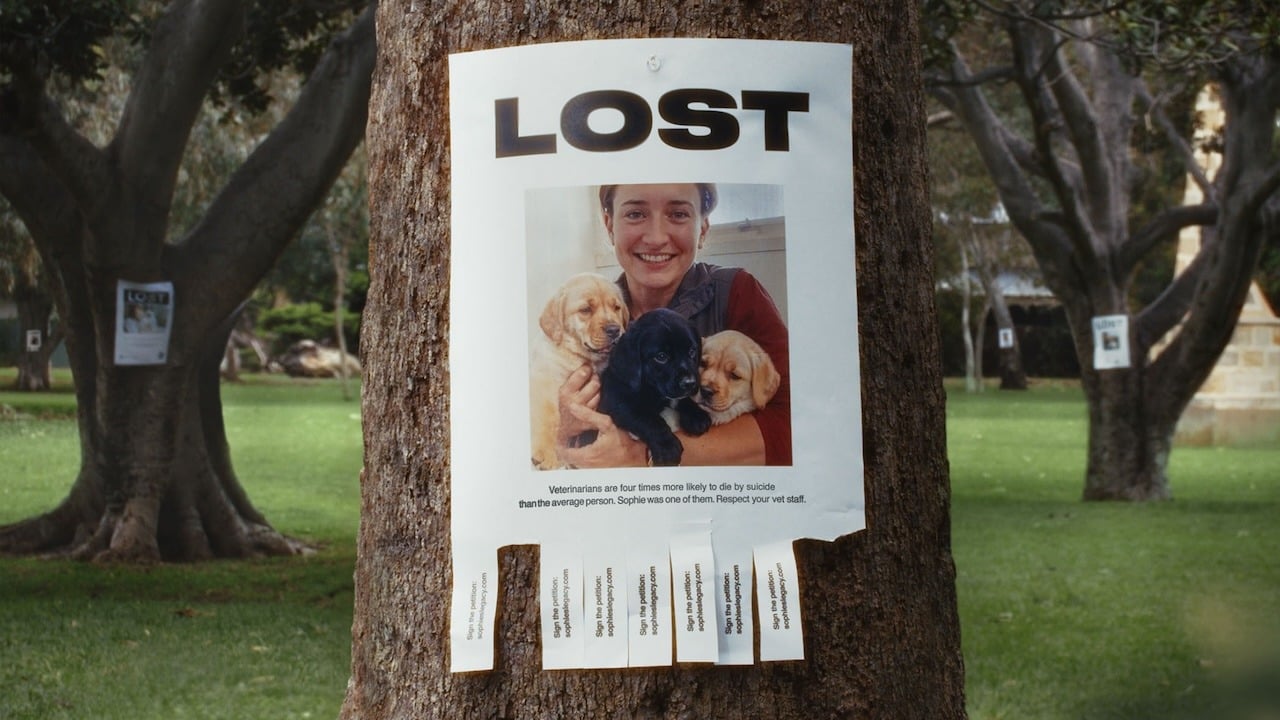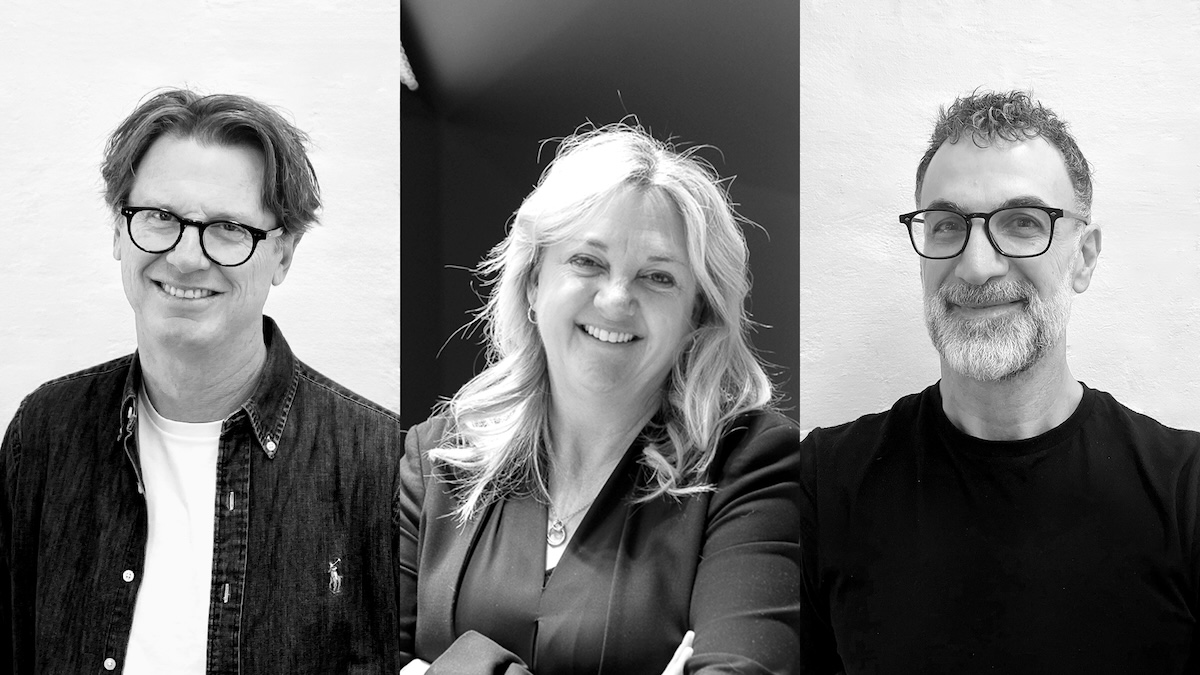Research revealed many and varied reasons for women in our target audience (50 - 69 years of age) choosing not to have a regular breast screen. There was however a common element: ‘I’ seemed to preface most of the barriers cited - ‘I don’t have enough time’, ‘I’m scared of what they might find’ etc.
These largely individualistic responses suggested that while our audience understood the risks of not having a regular breast screen, they were limiting the possible consequences of that decision to themselves.
To shift this attitude and provide our audience with an overwhelming motivator for choosing to have a breast screen, we explored the nature of family, particularly as it relates to our target audience. Typically a woman’s familial connections are at their peak in her 50’s, with a high likelihood of parents, a spouse, children and grand children playing a central role in their lives. These relationships are also characterized by a high degree of dependency on the woman herself.
It was through these relationships that we were able to demonstrate that the decision not to have a regular breast screen didn’t just affect the individual, but had the potential to affect all those who were near and dear to them.
The ‘I’ was subordinated to the ‘we’. Suddenly the decision to have a breast screen would be based on the welfare of an entire family, not just an individual.
By broadening the understanding of those at ‘risk’ we were also able to turn family members into advocates for breast screening as well.





